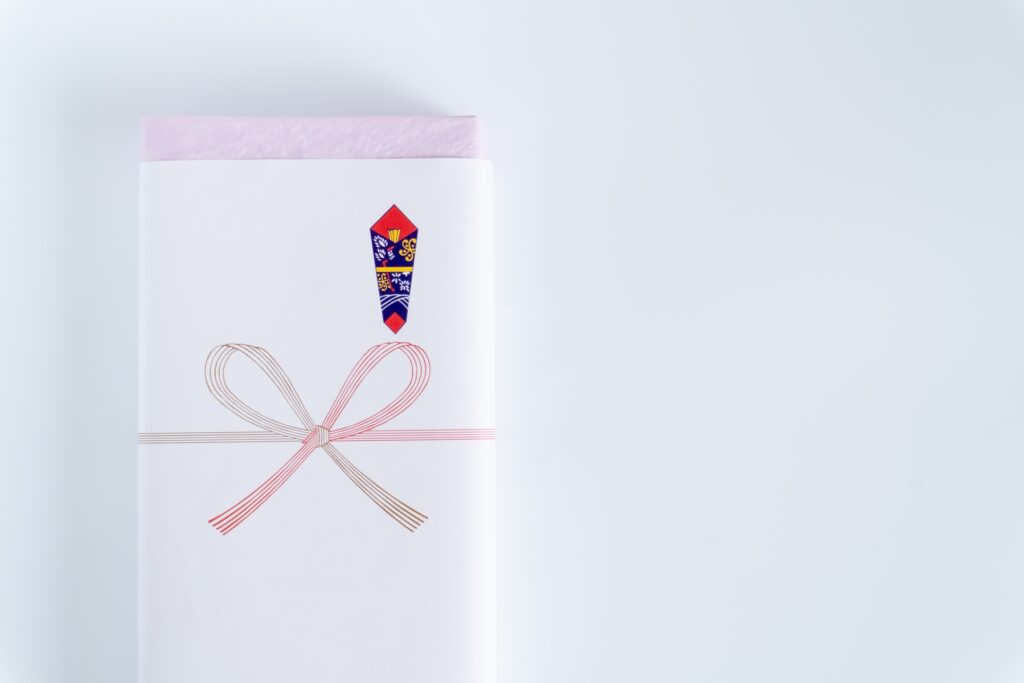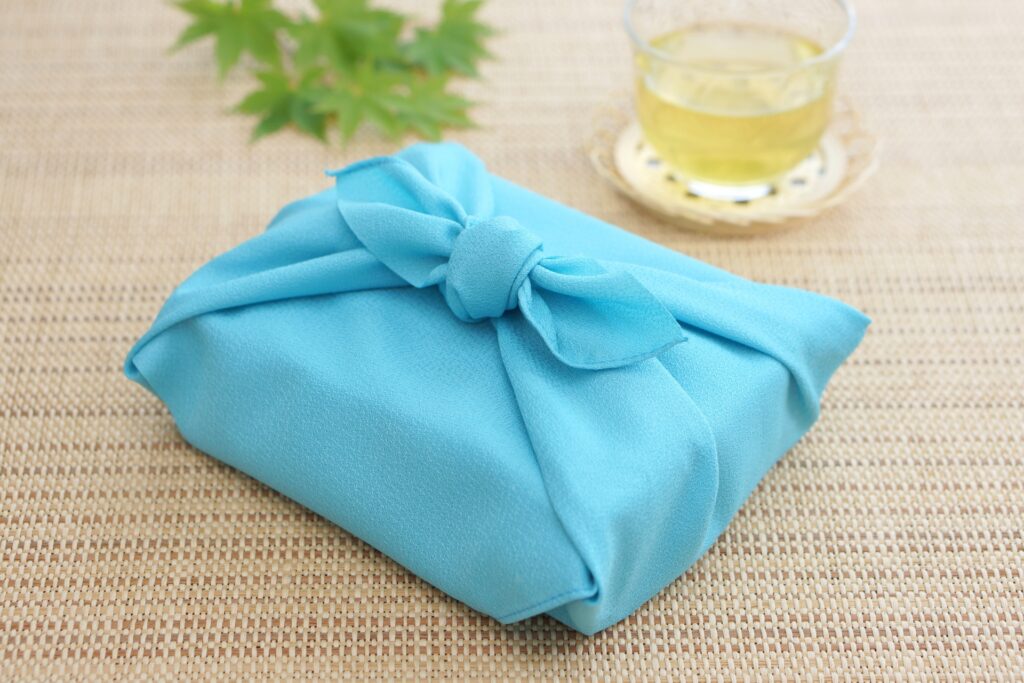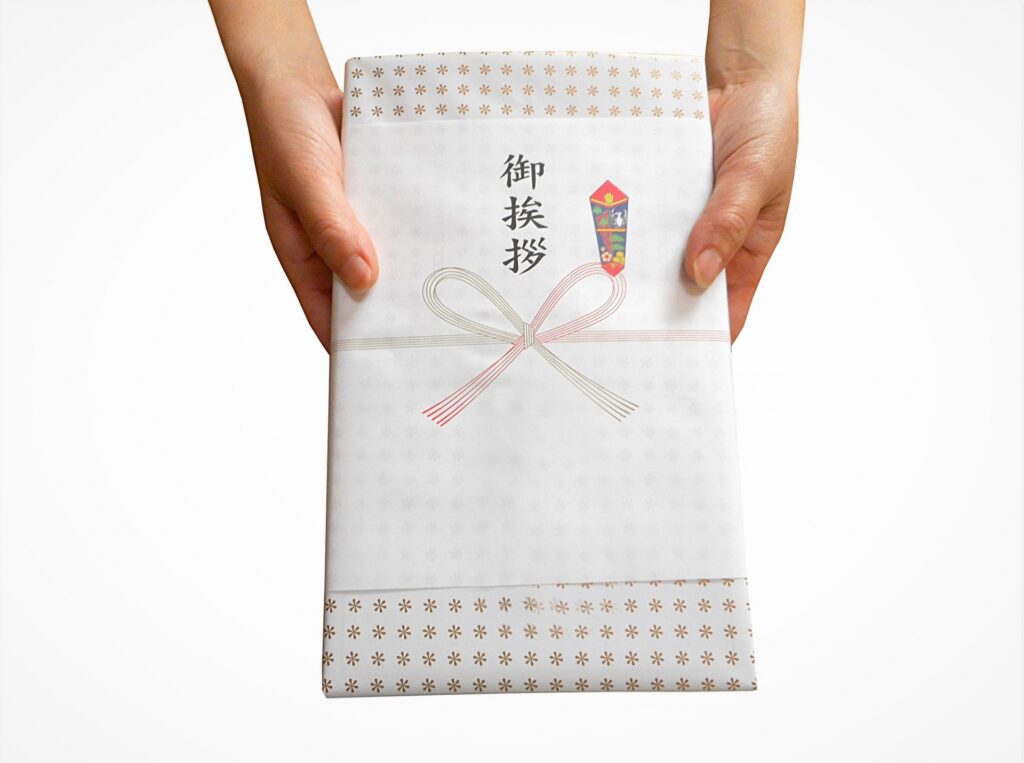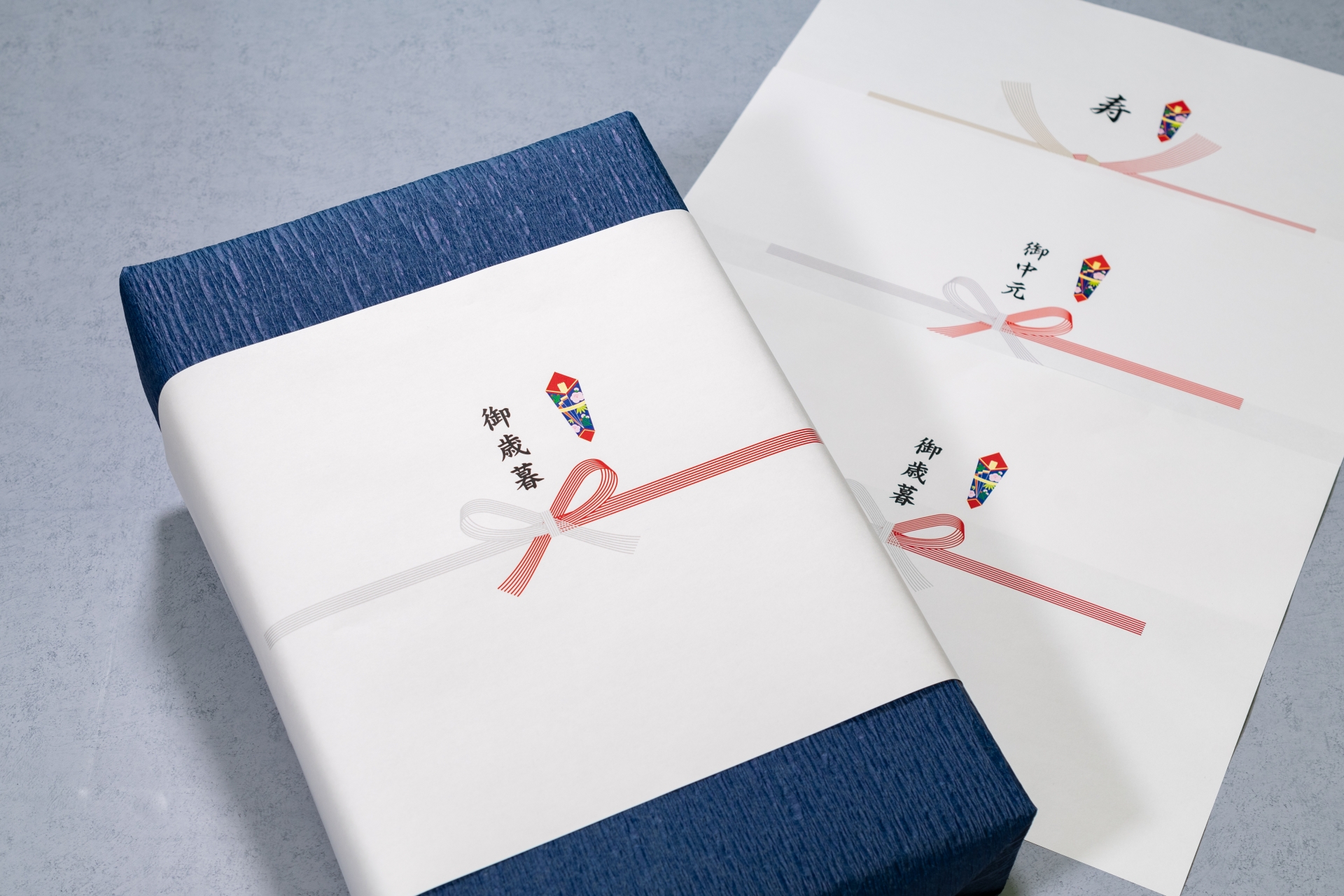In Japan, business gift giving is not just a kind gesture—it’s a culturally significant practice that reflects respect, gratitude, and intent to build lasting relationships. Whether you’re attending your first meeting with a Japanese client or maintaining a long-standing partnership, this guide will help you navigate the nuances of Japanese gift-giving etiquette with confidence and cultural sensitivity.
What Makes Gift Giving Important in Japanese Business Culture

In Japanese business culture, gift giving is more than a polite gesture—it is a deeply embedded tradition that communicates respect, gratitude, and a desire to nurture long-term partnerships. The act of giving and receiving gifts is often ritualistic, symbolizing mutual trust and non-verbal acknowledgment of hierarchy and harmony within relationships.
Japanese corporate settings emphasize humility and reciprocity, and a thoughtfully selected gift can express sincere appreciation, especially in lieu of overt praise or verbal gestures that might seem excessive in Japanese cultural norms. In this context, gifts function as silent communicators of intent and values, helping bridge cultural gaps in international partnerships.
Understanding this subtle but powerful form of communication is crucial for foreign business professionals aiming to establish credibility and rapport with Japanese counterparts. A well-timed and culturally sensitive gift can make a lasting impression and demonstrate your commitment to respecting Japanese customs.
When and Why to Give Business Gifts in Japan
Gift-giving occasions in Japanese business are both structured and symbolic. While it may not be expected during every meeting, certain occasions are considered ideal for presenting gifts to show gratitude or goodwill.
Common Occasions for Business Gift Giving:
- First Meeting: A small but thoughtful gift to introduce yourself and show goodwill.
- After Successful Negotiations: A gesture of appreciation and commitment to future collaboration.
- Seasonal Greetings: Gifts during Ochugen (mid-year) and Oseibo (year-end) to maintain strong ties.
- After Business Trips or Overseas Visits: Gifts called “omiyage” (souvenirs) are brought back as a sign of respect.
- New Year and Other Celebratory Events: Gifts to mark the start of a new business year or personal milestones like promotions.
Each occasion holds different expectations for formality, so tailoring the gift’s value and presentation accordingly is essential. Over-gifting can be perceived as excessive or make the recipient uncomfortable, while under-gifting may appear inconsiderate.


Seasonal and Event-Based Gift Timing
Japanese business gift-giving aligns with two major seasons:
- Ochugen (お中元 – Mid-July): These are summer gifts typically given to superiors, clients, or collaborators to express gratitude. Examples include cooling summer treats, premium teas, or health drinks.
- Oseibo (お歳暮 – Early December): Year-end gifts thank business partners for their support throughout the year. Common items include gourmet food sets, regional delicacies, or high-quality household items.
These events are deeply rooted in social and corporate etiquette, and participation signals respect for Japanese seasonal traditions. Timing is critical—early or late gifts can be seen as inattentive.
How to Choose the Right Business Gift

Selecting the right gift involves understanding cultural sensitivities, formality levels, and personal preferences. Here’s how to approach the process:
Do’s:
- Choose high-quality, practical, and regionally unique items.
- Ensure the gift is appropriate for the occasion and your relationship with the recipient.
- Consider presentation—Japanese wrapping aesthetics matter.
Don’ts:
- Avoid excessively expensive items that could be seen as bribery.
- Do not choose gifts with negative cultural connotations (see next section).
- Never give unwrapped or poorly packaged items.
It’s better to err on the side of modesty, offering something useful or tasteful that reflects your thoughtfulness and understanding of the cultural context.
Top Recommended Japanese Business Gifts
| Gift Idea | Description | Price Range | Formality Level |
| Regional Specialty Snacks | Locally made sweets or treats, such as Kyoto yatsuhashi or Tokyo banana | $20-$50 | Medium |
| Premium Tea or Coffee Sets | Matcha, sencha, or gourmet coffee blends in fine packaging | $25-$80 | Medium |
| Small Artisan Crafts | Traditional crafts like lacquerware or furoshiki cloth | $50-$150 | High |
| Omiyage Souvenirs | Unique items from your home country or previous business trip | $15-$40 | Casual to Medium |

What Not to Give: Culturally Inappropriate Gifts
| Item | Reason to Avoid | Alternatives |
| Clocks or Watches | Symbolize “time running out” or parting; also suggest “working diligently,” which can imply pressure | Stationery or desk accessories |
| White Flowers | Associated with funerals | Bright seasonal flowers (avoid red/white combinations) |
| Sets of 4 or 9 | “4” sounds like “death” and “9” like “suffering” | Sets of 3 or 5 |
| Sharp Objects (e.g., knives, scissors) | Symbolize severing relationships | Artisan trays or non-sharp kitchen tools |
| Handkerchiefs | Associated with tears and farewells. In Japanese, also called “手巾 (tegire)”, implying “cutting ties” | Small towels or cloths with decorative patterns |
| Shoes, Socks, Underwear, Neckties, Stationery, Bags, Belts, Gift Certificates (to superiors) | Symbolize stepping on someone, imply subordination, or can be too personal or transactional | High-end teas, neutral artisan items, or traditional crafts |
The Etiquette of Presenting and Receiving Gifts

Giving a Gift:
- Always present the gift with both hands.
- Slightly bow when offering the gift.
- Say phrases like:
- “This is just a little something for you.”
- “I hope you’ll accept this small token of appreciation.”
Receiving a Gift:
- Accept it with both hands.
- Avoid opening the gift in front of the giver unless invited.
- Express appreciation by saying:
- “Thank you very much. I truly appreciate it.”
- “I will cherish this.”
Digital Gifts:
In international or remote contexts, sending a digital gift such as an e-gift card or online voucher can be acceptable, especially if paired with a personalized message. Ensure the gesture still reflects respect and attentiveness.
Gift Wrapping and Presentation Rules
Presentation is almost as important as the gift itself:
- Use high-quality wrapping paper.
- Avoid red and white combinations, which are typically reserved for weddings.
- Choose gift bags with subtle patterns or traditional motifs.
- Include a label or card with the sender’s name and a message.
Japanese department stores often offer professional wrapping services, which are ideal if you’re buying gifts in-country.
Learning from Experience: Case Studies and Common Mistakes
Many foreign professionals report that their initial attempts at business gifting in Japan were met with polite confusion or discomfort due to small missteps.
Common Mistakes:
- Giving overly expensive items seen as inappropriate or uncomfortable
- Not wrapping the gift correctly or using Western-style wrapping
- Presenting gifts too casually or without both hands
- Offering taboo items unknowingly (e.g., knives, clocks)
Real-Life Insight:
One American entrepreneur recalled gifting a leather wallet (made of cowhide) to a Japanese business partner who happened to be a vegetarian and Shinto practitioner—causing unintended offense.
Checklist for Success:
Bonus: Sample Messages to Accompany Your Gift
| English | Japanese Translation |
| Thank you for your continued partnership. | 今後とも変わらぬお付き合いをよろしくお願い申し上げます。 |
| Wishing you continued success and prosperity. | 事業の一層のご発展をお祈り申し上げます。 |
| It was a pleasure working with you. | ご一緒にお仕事できて元気づけられました。 |
| I hope this gift brings you joy. | この贈り物が幸せをもたらすことを願っています。 |
Final Thoughts: Strengthening Business Ties Through Thoughtful Giving
Gift giving in Japan transcends material exchange—it’s a reflection of sincerity, humility, and awareness of social harmony. For American businesspeople, mastering the nuances of this custom not only prevents awkward missteps but also opens doors to deeper trust and collaboration.
By choosing appropriate gifts, respecting presentation rituals, and understanding the cultural meanings behind every action, you show your Japanese counterparts that you are not just doing business—you are building a relationship. In the long run, this respect and thoughtfulness will pave the way for successful, sustainable business partnerships in Japan.











